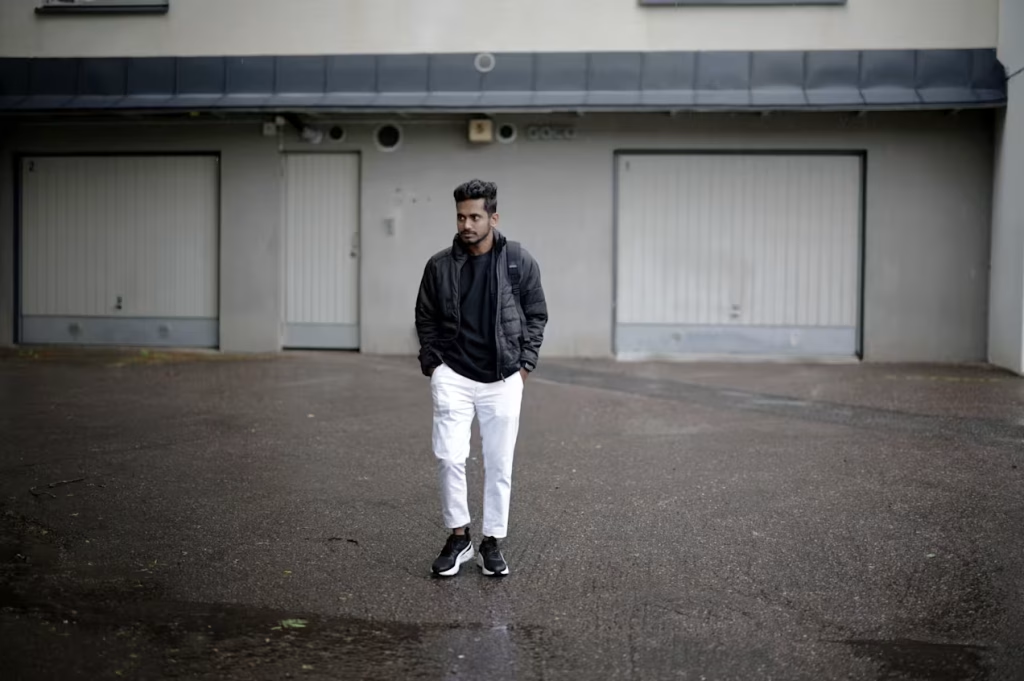Rakibul Hasan Ridoy, who is a Bangladeshi man who was the victim of a stabbing in Oulu’s Valkea shopping center now faces the risk of deportation as the Finnish Immigration Service (Migri) considers revoking his residence permit.

Published: 28/09/25 | 11:17
Migri recently sent Ridoy an official letter stating that his work based residence permit could be cancelled because he has been unable to work since last year. The agency requested that he provide an explanation by a set deadline.
“If your residence permit is revoked while you are in Finland you may be deported. Additionally, you could be banned from re entering the country,” the letter read.
On June 18 2024 Ridoy was attacked in the Valkea shopping center by a 15 year old boy suffering from mental health problems. The attacker stabbed Ridoy several times from behind and had reportedly said beforehand that he wanted to kill a Black person.
The teenager was later convicted of attempted murder without imprisonment. While Ridoy survived his physical injuries the assault left him deeply traumatized and unable to return to normal life.
Ridoy says his mental state remains poor and that Migri’s recent letter has worsened his anxiety. He has sought assistance from the TE Office and a social worker but says neither could offer a solution.
“I don’t know what to do anymore. I feel completely helpless,” he says.
Ridoy’s residence permit is tied to his employment in Finland. Under Finnish immigration law a work based residence permit depends on the individual’s ability to maintain their job.
However, Ridoy’s inability to work stems from the trauma of a violent racist attack and is something beyond his control.
When asked by Yle whether such a case would typically lead to deportation Migri declined to discuss Ridoy’s situation directly. Instead, Miia Mattila, who is a senior expert overseeing post monitoring of residence permits explained the general policy.
According to Mattila Migri may revoke a permit if the original conditions for granting it are no longer met.
“For example, with an employee’s residence permit active employment is a key requirement,” Mattila said in an email.
Mattila added that when a person stops working Migri reviews the case and allows the individual to explain their circumstances before making a decision.
“Receiving a consultation letter from Migri does not automatically mean the residence permit will be revoked” she wrote. “The purpose of the letter is to clarify the client’s personal situation”.
She also noted that applicants may submit detailed information such as medical records to explain their inability to work.
“When considering the revocation of a residence permit or deportation Migri always applies an overall legal assessment and takes into account the individual’s specific circumstances,” Mattila said.
Ridoy says he fears what lies ahead.
“I no longer have a safe future in Bangladesh, especially after what happened to me here. My mental health is already very fragile,” he says.
He hopes to remain in Finland, recover and rebuild his life. He has already applied for new jobs but says opportunities are scarce.
“I still believe I could have a future here if I’m given the chance,” he says.
Ridoy told Yle in the summer that he hopes for help from the Finnish government in his situation. Video Credits: Yle


